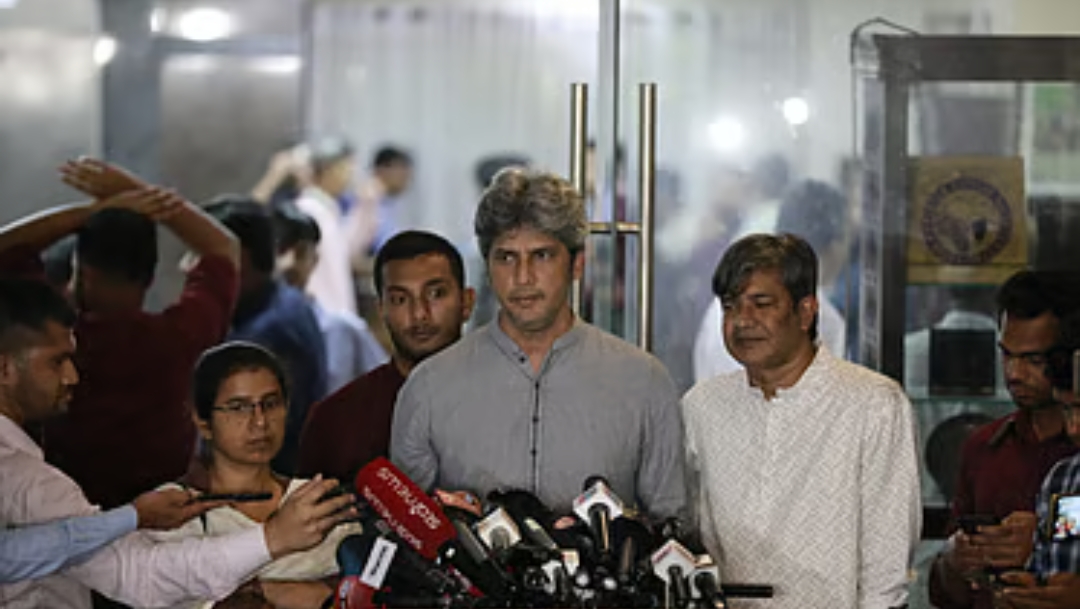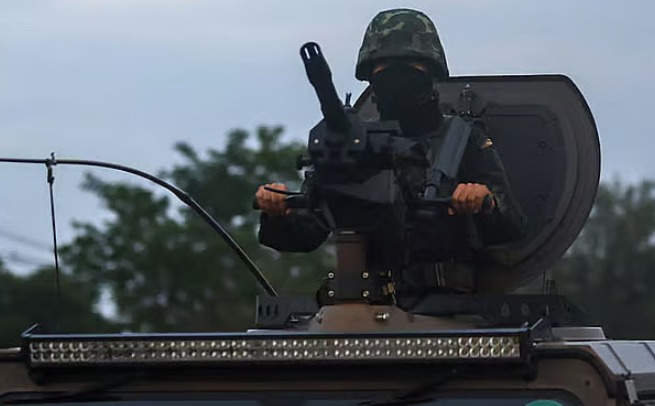Desk Report,
Caretaker government wants mass mobilization movement, leaving out the president and judiciary
The Mass Solidarity Movement has proposed forming a caretaker government by leaving out the president and the judiciary.
Caretaker government wants mass mobilization movement, leaving out the president and judiciary
This was told by the chief coordinator of the Mass Solidarity Movement, Jonayed Saki, during a break on the 11th day of the second phase of the National Consensus Commission’s discussions with political parties at the Foreign Service Academy in the capital on Thursday.
In the past, a major crisis was created due to the inclusion of the president and the judiciary in the formation of a caretaker government, Jonayed Saki said. In this context, he said that the inclusion of the judiciary here not only did not make the judiciary partisan, but the whole issue created a major crisis in the politics and governance of Bangladesh. On the other hand, the president was kept as a last resort in the Thirteenth Amendment. They have also seen its use. In that use, the head of state was also turned into a controversial institution, creating another serious crisis. That is why they have said that it is necessary to move to the place of forming a caretaker government by leaving out these two institutions – the president and the judiciary.
The caretaker government will basically conduct the elections, said the chief coordinator of the Mass Solidarity Movement. He said, “And this electoral system is a political matter. Therefore, the decision on this political matter needs to be in the hands of political representatives, that is, people’s representatives. Once the lower house and the upper house are formed, a committee consisting of representatives from there will decide who will be the head of this caretaker government.” Jonayed Saki said that there is now a general consensus that the independence of the judiciary is very important for the country. In this regard, reforms are needed in the appointment process to ensure transparency and impartiality. Most parties agree that the Chief Justice should be appointed on the basis of seniority. However, there is disagreement on whether the senior-most judge should be appointed directly, or the President will have the opportunity to select one of the two senior-most judges of the Appellate Division.




